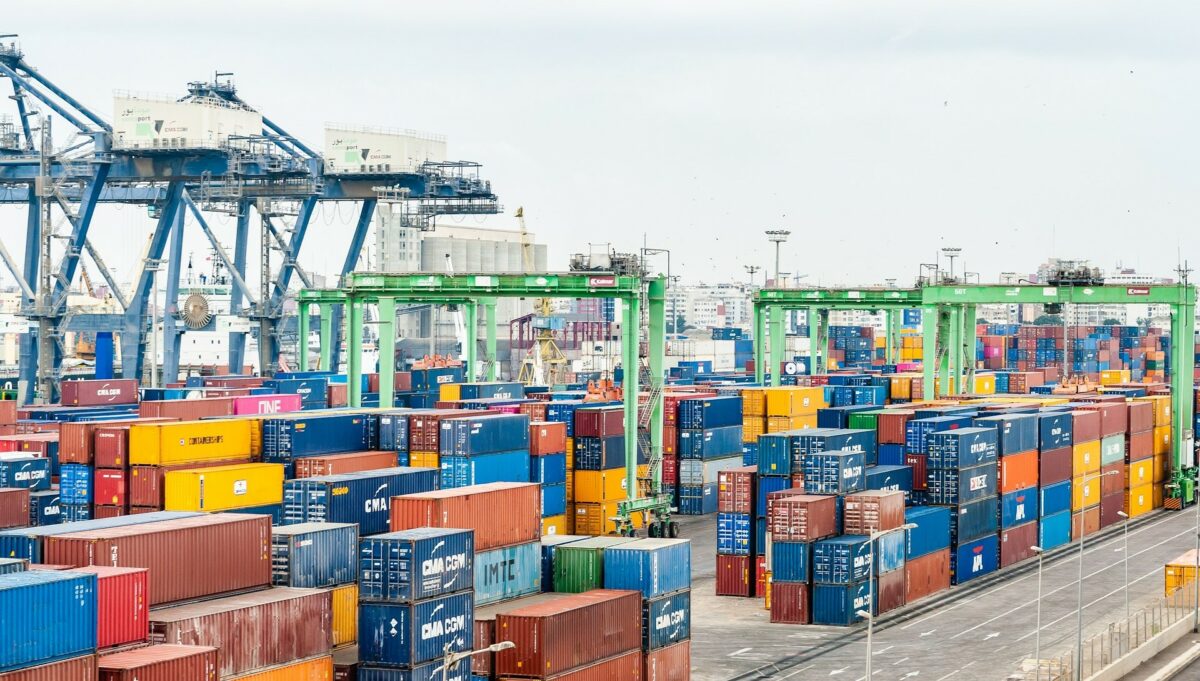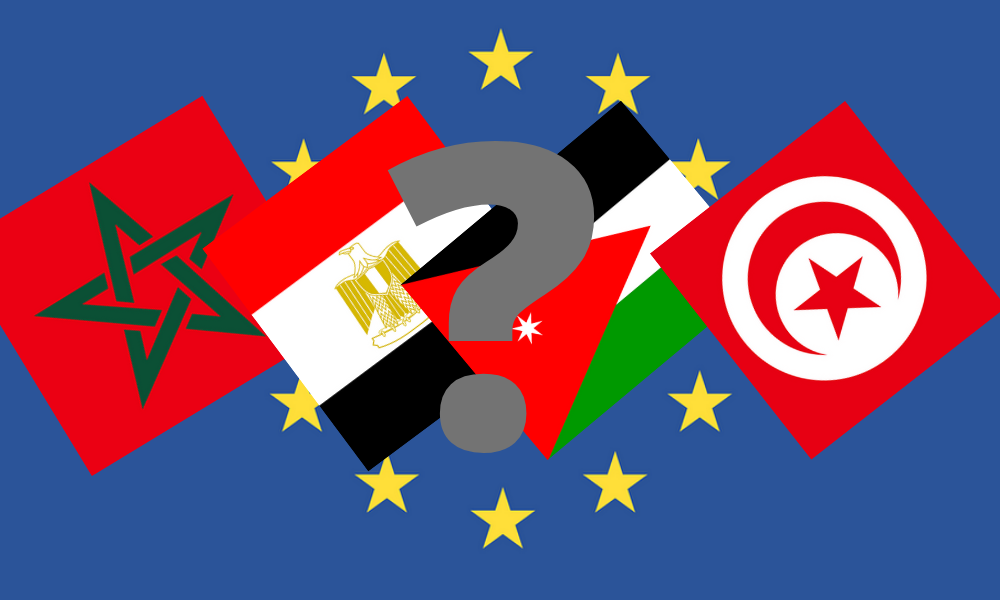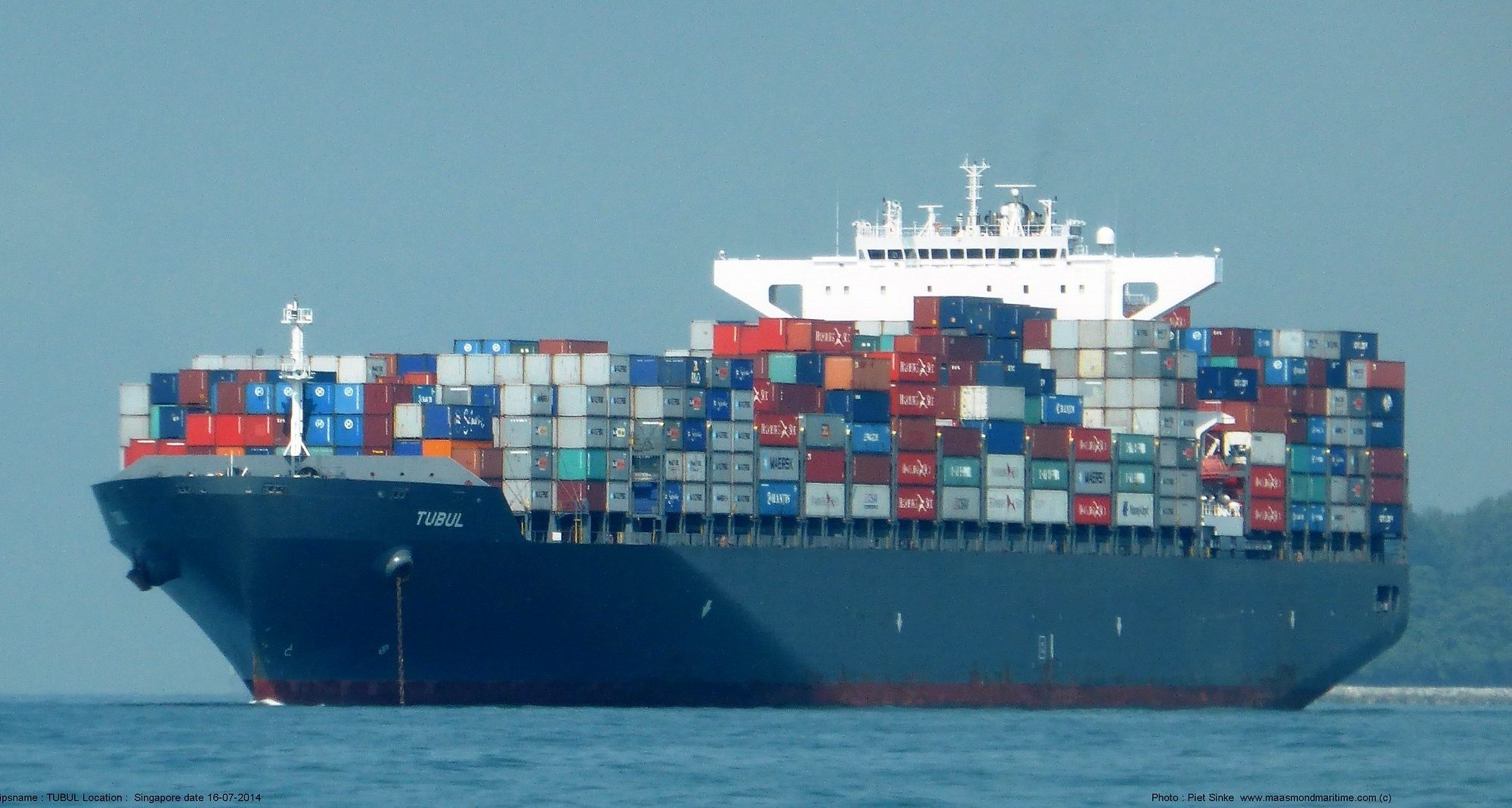By Werner Raza
Why Has the Agadir Agreement Failed?
By Christos Kourtelis
Signed in Rabat, Morocco on February 25th 2004, the Agadir Agreement (AA) is a Free Trade Agreement between Morocco, Tunisia, Egypt and Jordan with the aim of coordinating sectoral policies and approximating legislation to better foster intraregional trade. However, when re-evaluating the performance of the agreement, it becomes clear that it has neither succeeded in fostering regional integration, nor in overcoming the structural weaknesses of Arab-Mediterranean economies. Continue reading “Why Has the Agadir Agreement Failed?”
Trade Reproduces International Inequalities
By Christian Dorninger, Anke Schaffartzik, and Hanspeter Wieland
Through international trade, richer countries do not merely generate a monetary trade surplus, but also appropriate international resources and labour from poorer countries. While this allows high consumption standards, economic growth, and the simultaneous protection of domestic natural resources in some countries, more land for mining and agriculture for exports is being extracted from the local economies in others. As a result, this makes a socially-ecologically sustainable development impossible. Our research team was now able to prove that ecologically unequal exchange was a persistent feature of the global economy from 1990 to 2015. Using environmentally-extended multi-regional input-output modelling, we investigated these structural inequalities in international trade. Continue reading “Trade Reproduces International Inequalities”



